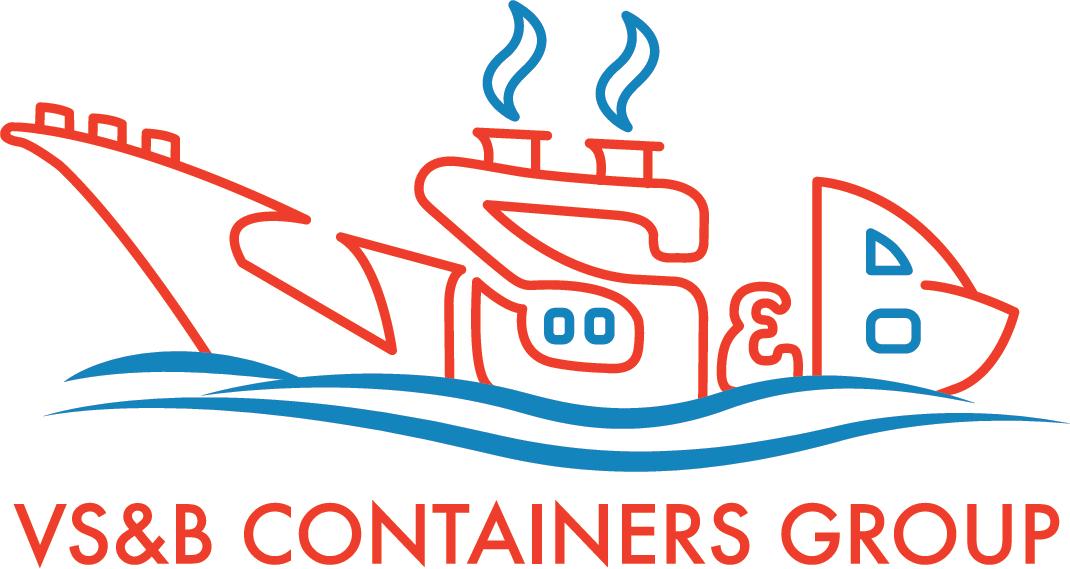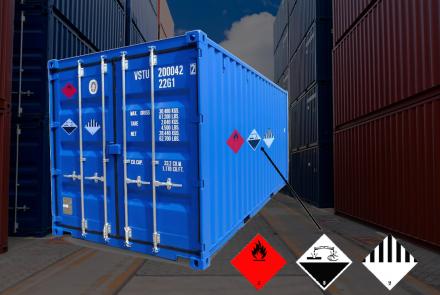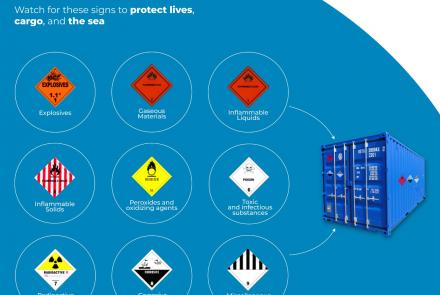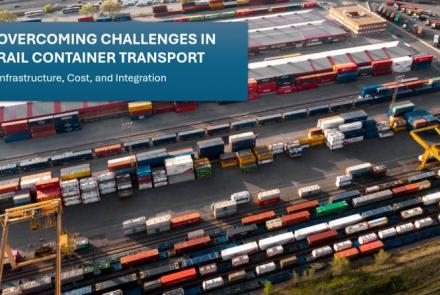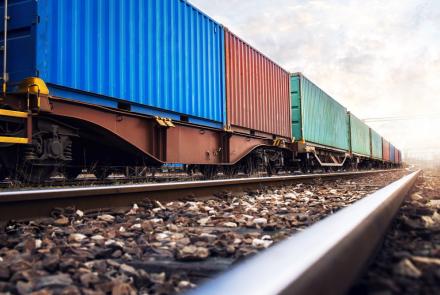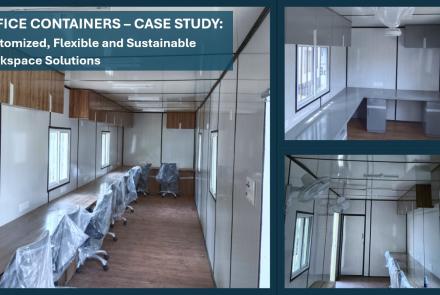One-trip containers are a category of containers that have made a sole trip carrying cargo to its destination before getting ready to look for a new buyer. Such containers have spent relatively less time sailing the oceans, so they’re in peak condition when put up for sale. As we can infer, they cannot be termed brand new, but they’ve not been used for multiple voyages either. This means One-trip containers preserve their original utility and characteristics, but are priced lower than the “brand new” ones for having endured minor dents and scratches during the lone trip they undertook.
BLOGS
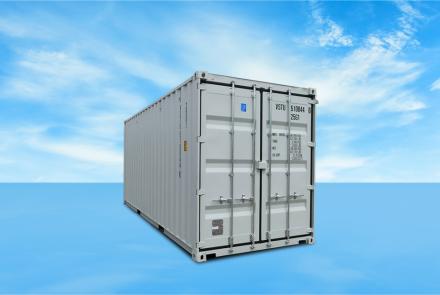
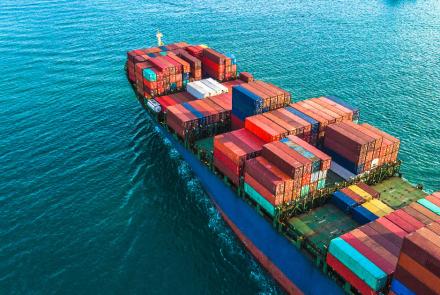 / 23 Aug 21The objects we use daily, be it housing, vehicle, equipment or even the clothes we wear on special occasions, are owned by us, or rented for a fixed period. Now, when we relate such a scenario to shipping and logistics, an obvious question that should arise in our mind is, “who owns the containers that serve a vital role in ferrying goods, and what happens to the containers after they have performed their jobs?”
/ 23 Aug 21The objects we use daily, be it housing, vehicle, equipment or even the clothes we wear on special occasions, are owned by us, or rented for a fixed period. Now, when we relate such a scenario to shipping and logistics, an obvious question that should arise in our mind is, “who owns the containers that serve a vital role in ferrying goods, and what happens to the containers after they have performed their jobs?”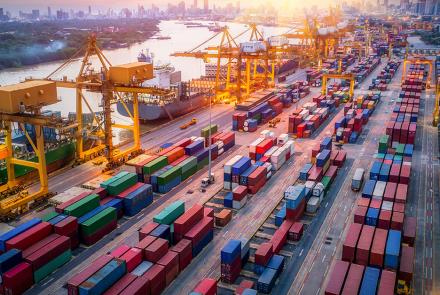 / 17 Aug 21Transportation of freight in shipping containers is a primary feature of the logistics business, and we know from our experience that businesses will continue to face increasing costs and challenges throughout the supply chain process.
/ 17 Aug 21Transportation of freight in shipping containers is a primary feature of the logistics business, and we know from our experience that businesses will continue to face increasing costs and challenges throughout the supply chain process.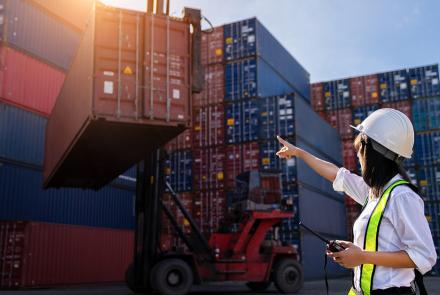 / 05 Aug 21Visualize a world where a woman is a master, chief officer or chief engineer with control over the course and destiny of a ship. The maritime industry is beginning to realize the need to bring about gender diversity in different fields of their activities.
/ 05 Aug 21Visualize a world where a woman is a master, chief officer or chief engineer with control over the course and destiny of a ship. The maritime industry is beginning to realize the need to bring about gender diversity in different fields of their activities.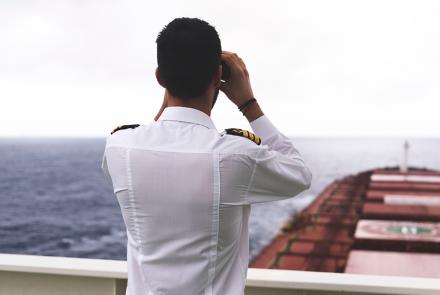 / 30 Jul 21An Officer on Watch (OOW) is a deck officer delegated the job of watch-keeping and navigation from a ship’s “bridge”. Situated at the top of a vessel is the ‘bridge’ which is also known as the Command Centre, and from where all communication is transmitted and received. While keeping a watch from the bridge, the Officer on Watch functions as a representative of the ship’s master and is accountable for the safe navigation of the ship.
/ 30 Jul 21An Officer on Watch (OOW) is a deck officer delegated the job of watch-keeping and navigation from a ship’s “bridge”. Situated at the top of a vessel is the ‘bridge’ which is also known as the Command Centre, and from where all communication is transmitted and received. While keeping a watch from the bridge, the Officer on Watch functions as a representative of the ship’s master and is accountable for the safe navigation of the ship.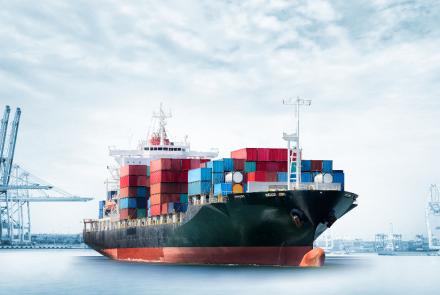 / 22 Jul 21Operational discharges from sea-going vessels are one source of oil spills in the oceans. Indiscriminate release of waste oil and water without complying with the required regulations is the principal cause of this form of environmental pollution in the seas.
/ 22 Jul 21Operational discharges from sea-going vessels are one source of oil spills in the oceans. Indiscriminate release of waste oil and water without complying with the required regulations is the principal cause of this form of environmental pollution in the seas.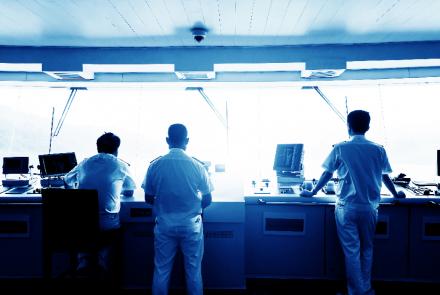 / 19 Jul 21The International Chamber of Shipping estimates that there are approximately 1.6 million seafarers serving in merchant ships. The IMO stated that international travel restrictions imposed by the continuing Covid-19 pandemic affected countless seafarers who, even after the expiry of their current contracts, cannot leave their ships to fly back home, while many others are not able to renew their job contracts to start a new voyage. It would not be an overstatement to say that seafarers are the unsung heroes of the Covid-19 pandemic the world is passing through.
/ 19 Jul 21The International Chamber of Shipping estimates that there are approximately 1.6 million seafarers serving in merchant ships. The IMO stated that international travel restrictions imposed by the continuing Covid-19 pandemic affected countless seafarers who, even after the expiry of their current contracts, cannot leave their ships to fly back home, while many others are not able to renew their job contracts to start a new voyage. It would not be an overstatement to say that seafarers are the unsung heroes of the Covid-19 pandemic the world is passing through.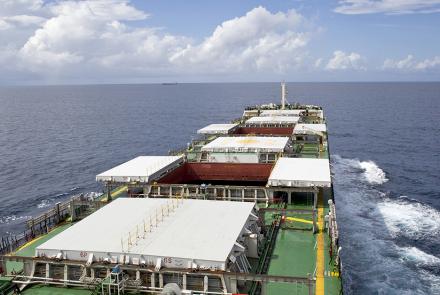 / 07 Jul 21Every year, insurance companies spend significant sums of money to settle wet-cargo damage claims from shippers. Water-entry into the cargo hold of ships and the resultant damage is one of the main causes. The right application of weather-tight steel covers, known as “Hatch Covers” plays a critical role in the protection of cargo from the ingress of water.
/ 07 Jul 21Every year, insurance companies spend significant sums of money to settle wet-cargo damage claims from shippers. Water-entry into the cargo hold of ships and the resultant damage is one of the main causes. The right application of weather-tight steel covers, known as “Hatch Covers” plays a critical role in the protection of cargo from the ingress of water.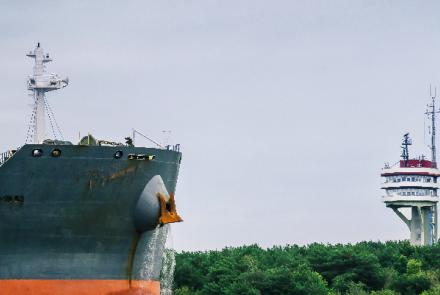 / 30 Jun 21A “Vessel Traffic Service” (VTS) is a shore-based marine traffic management system implemented by a competent authority to monitor vessels in real-time to enable the safe and smooth management of traffic in a specified maritime area. It performs tasks similar to air traffic control systems for aircraft. VTS checks the position of vessels and detects situations that pose danger to the vessel crew and the environment. VTS aims to improve the safety of navigation in and around the ports and its approaches. It is governed by SOLAS (Safety of Life at Sea) Chapter V Regulation 12 along with the guidelines for Vessel Traffic Services, and came into force on 1 July 2002.
/ 30 Jun 21A “Vessel Traffic Service” (VTS) is a shore-based marine traffic management system implemented by a competent authority to monitor vessels in real-time to enable the safe and smooth management of traffic in a specified maritime area. It performs tasks similar to air traffic control systems for aircraft. VTS checks the position of vessels and detects situations that pose danger to the vessel crew and the environment. VTS aims to improve the safety of navigation in and around the ports and its approaches. It is governed by SOLAS (Safety of Life at Sea) Chapter V Regulation 12 along with the guidelines for Vessel Traffic Services, and came into force on 1 July 2002.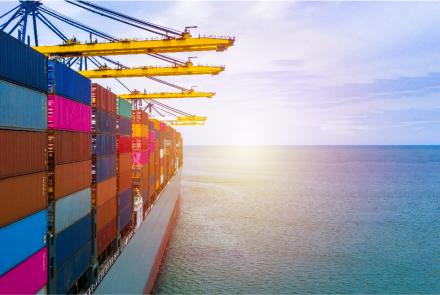 / 18 Jun 21The shipping industry, which is the mainstay of world trade and commerce, is no exception to the new trends happening in the world. They are at the forefront of adopting state-of-the-art technologies and resources to stay competitive and meet the demands of a flourishing consumer class population which is benefitting enormously from globalization. International shipping has helped open up the world economy, enabling the unrestricted movement and exchange of commodities among nations. It’s a gigantic and complex industry ever under pressure to exploit the new digital technologies, raw materials and fuels.
/ 18 Jun 21The shipping industry, which is the mainstay of world trade and commerce, is no exception to the new trends happening in the world. They are at the forefront of adopting state-of-the-art technologies and resources to stay competitive and meet the demands of a flourishing consumer class population which is benefitting enormously from globalization. International shipping has helped open up the world economy, enabling the unrestricted movement and exchange of commodities among nations. It’s a gigantic and complex industry ever under pressure to exploit the new digital technologies, raw materials and fuels.
